Use this free online tool to convert Go code to C with just one click!
Here's how:
1. Type or paste your Go code into the input box.
2. Click the 'Convert' button.
3. See your C code appear in the output box.
1. Type or paste your Go code into the input box.
2. Click the 'Convert' button.
3. See your C code appear in the output box.
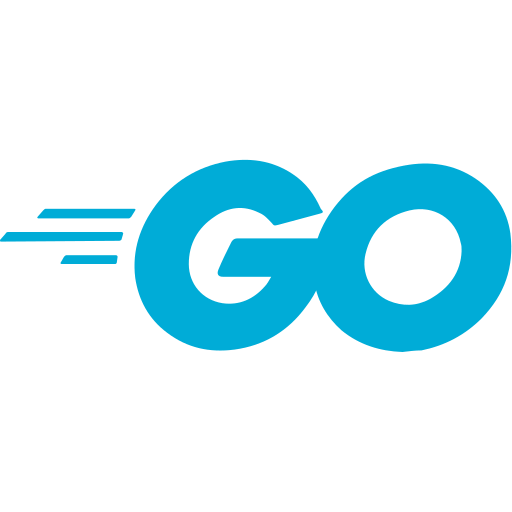
To
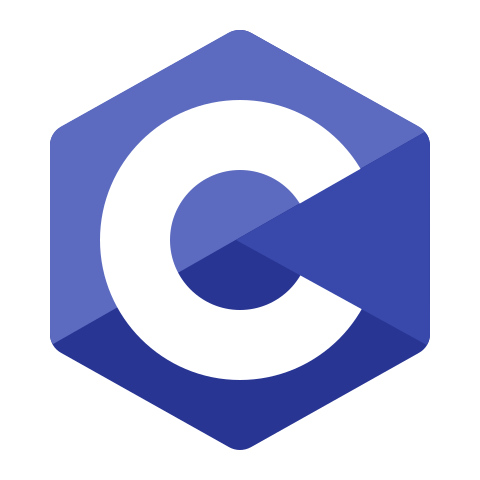
Key differences between Go and C
| Characteristic | Go | C |
|---|---|---|
| Type | Compiled, statically-typed programming language | Compiled, statically-typed programming language |
| Memory Management | Automatic (Garbage collection) | Manual (using malloc/free) |
| Platform Dependency | Platform-independent (compiled to machine code with cross-compilation support) | Platform-dependent (compiled to machine code) |
| Syntax and Features | Simple and concise syntax, no inheritance, interfaces for polymorphism, built-in concurrency | Low-level programming, pointers, manual memory management, simple syntax |
| Compilation | Compiled to native machine code | Compiled to native machine code |
| Standard Library | Rich standard library with built-in support for web servers, concurrency, and networking | Minimal standard library, primarily focused on basic I/O, string manipulation, and memory management |
| Object-Oriented Programming | Supports procedural programming with object-oriented features using structs and interfaces | Supports procedural programming; no native object-oriented programming support |
| Concurrency | Built-in concurrency with goroutines and channels | Requires libraries for multithreading support (e.g., pthreads) |
| Use Cases | Web servers, cloud services, distributed systems, networking tools | System software, embedded systems, real-time applications, operating systems |
| Performance | Efficient performance with garbage collection, generally higher-level than C | Very high performance, low-level, closer to hardware |
| Ease of Learning | Moderately easy, with a focus on simplicity and clarity | Steeper learning curve, requires understanding of low-level concepts like pointers and manual memory management |
Explore Our Ready-to-Use Converters via the Links Below
Convert From Java
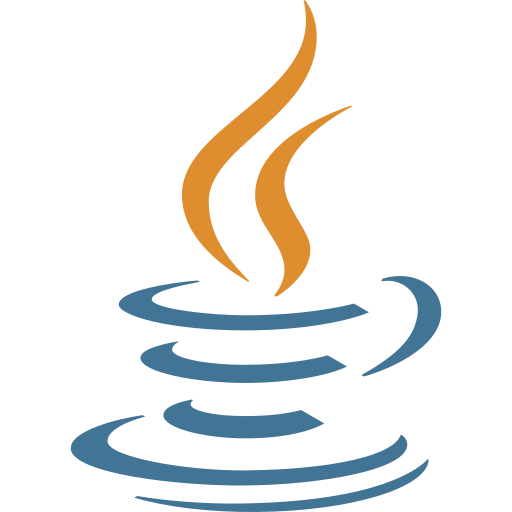

Convert From C#
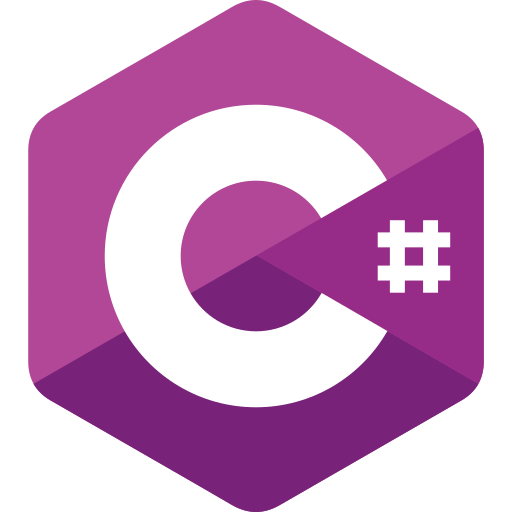

Convert From C++


Convert From GoLang


Convert From JavaScript
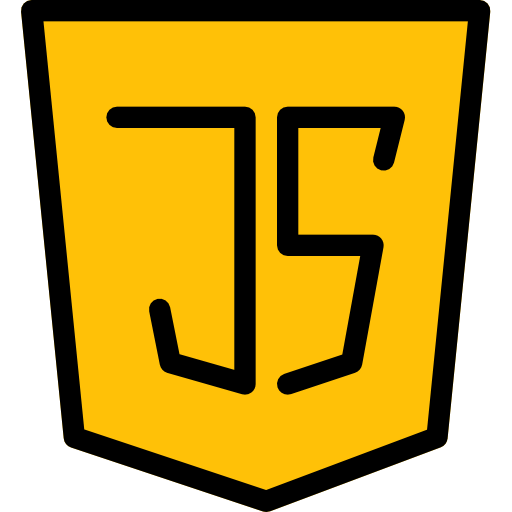

Convert From C



